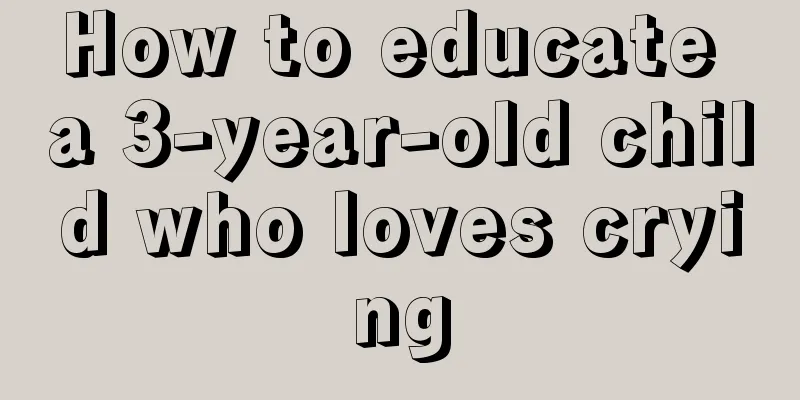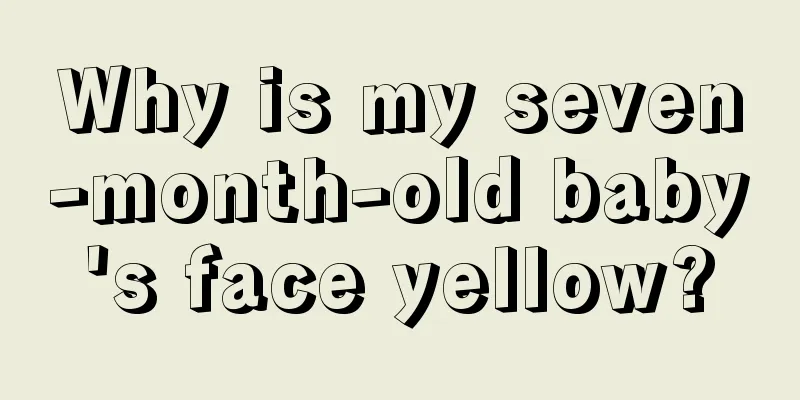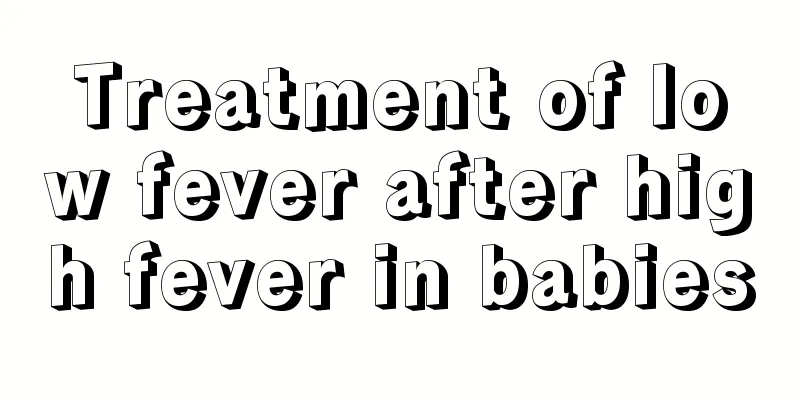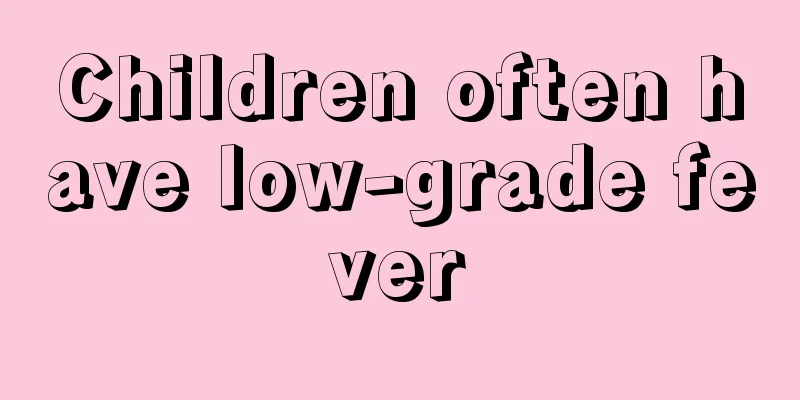What is the cause of the newborn's hiatus?

|
There are many reasons for newborn hiccups. The main reason is that there is some gas in the baby's stomach and intestines, which needs to be discharged in time. For example, if the baby has an improper feeding posture when breastfeeding, he may inhale too much air, which often causes the baby to hiccup or even vomit. In addition, if the child's abdomen catches a cold, it will also cause this symptom. Of course, it may also be related to indigestion. What is the cause of the newborn's hiatus? When a baby hiccups, parents should first understand the cause of the hiccups and then treat it accordingly. So, what are the reasons that may cause babies to hiccup? 1. Wrong posture When feeding the baby, if mothers use the wrong posture, it is easy for the baby to inhale too much air, causing hiccups. 2. Eating too quickly When babies are hungry, they will suck milk more quickly and choke easily. This is caused by eating too quickly. If the baby is bottle-fed, the nipple is large and the milk flows quickly, so the baby will naturally suck quickly, which can easily lead to hiccups. 3. The baby is cold and frightened When the baby's abdomen gets cold, he is prone to continuous hiccups. Also, if you eat cold milk or food that is too cold, you are more likely to have hiccups. In addition, if the baby is accidentally frightened while feeding, it can easily cause hiccups. 4. Indigestion If your baby's burps have a sour and rancid smell, it means that the burps may be caused by indigestion. Mothers can pat their babies on the back or let them drink hawthorn water to help them breathe. What are the dangers of baby hiccups? In fact, hiccups are a common symptom in infancy. Diaphragm spasm and continuous contraction of the diaphragm can cause constant hiccups. The movement of the diaphragm is controlled by the autonomic nervous system. In the first one or two months after a child is born, the autonomic nervous system that regulates the diaphragm is not fully developed. When slightly stimulated, the diaphragm will suddenly contract, causing rapid inhalation, and the baby will make a "hiccup" sound. Sometimes hiccups can last for 5 to 10 minutes, and the baby may seem uncomfortable. However, hiccups themselves do not have any adverse effects on the child's health, so there is no need to worry too much. A person's neural development after birth is a process. Generally speaking, three months after the child is born, the nerves that regulate the diaphragm become more fully developed, and the hiccups will naturally improve. So hiccups in babies are not a disease. Please rest assured, mothers. Hiccups in babies are not as uncomfortable as adults imagine. Most of the hiccups in babies are self-limited and will go away after a while, and they don’t cause the discomfort that adults do. |
<<: Can frequent urination in newborns eliminate jaundice?
>>: What to do if the newborn is hot-tempered?
Recommend
Baby has a high fever and cold hands and feet
We all know that the baby of every family is the ...
Neonatal aspiration of amniotic fluid and meconium
If a newborn inhales too much amniotic fluid or t...
What are the symptoms of baby convulsions? These symptoms occur most often!
When a baby has convulsions, there are usually ob...
Can I still eat after holding back breast milk for a day?
Breast milk is a magical thing because it is esse...
Why does the child cry suddenly at night?
If a child suddenly starts crying loudly at night...
Is it effective to treat children's cough?
In daily life, it is common for children to catch...
What are the symptoms of otitis media in a five-month-old baby?
The ear is an indispensable organ of our human bo...
Is it good for children to drink milk at night?
Milk contains a lot of nutrients, especially for ...
Pus in the child's ear
Children often touch things when adults are not p...
What should I do if my child falls and gets a big bump on his head?
We all know that children are lively and active b...
Child fell off the bed and hit his head
Many parents neglect their children, causing them...
What is the fastest way to relieve constipation in a one-year-old baby?
Constipation is a common condition for babies in ...
What to do if your baby has eczema on his back
How important are babies in people’s minds nowada...
What to do if your child has repeated coughing and phlegm
When the weather changes, many people are prone t...
The reason why the baby still drools at the age of two
Many families are particularly worried about thei...









